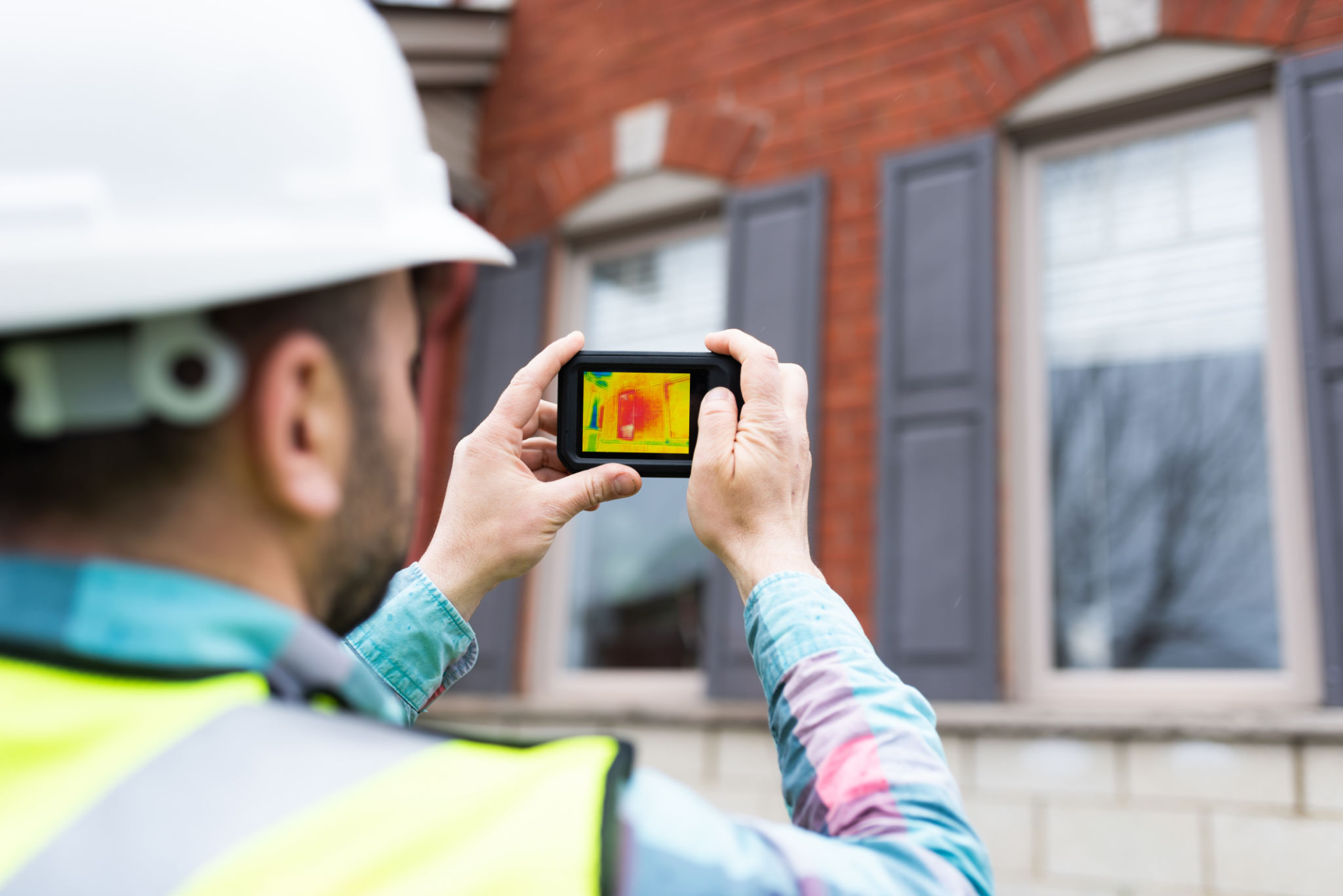The Ultimate Guide to Choosing the Right HVAC System for Your Home
Understanding Your HVAC Needs
Choosing the right HVAC system for your home involves more than just picking the most popular brand or model. It's crucial to assess your specific needs, including the size of your home, climate, and energy efficiency goals. A well-suited HVAC system can significantly enhance your comfort and reduce utility bills.

Types of HVAC Systems
There are several types of HVAC systems to consider, each with its own benefits and limitations. The most common types include:
- Split Systems: These are the most traditional types of HVAC systems, featuring separate units for heating and cooling.
- Hybrid Systems: These systems combine traditional and renewable energy sources, offering greater energy efficiency.
- Duct-Free Systems: Ideal for homes without ductwork, these units are easy to install and flexible in terms of placement.
- Packaged Systems: These all-in-one systems are compact and efficient, suitable for homes with limited space.
Factors to Consider When Choosing an HVAC System
When selecting an HVAC system, it's vital to consider various factors to ensure optimal performance. Some key aspects include:

Home Size and Layout
The size of your home plays a significant role in determining the appropriate HVAC system. An undersized system may struggle to heat or cool effectively, while an oversized one can lead to energy wastage. A professional HVAC technician can perform a load calculation to help determine the right size for your needs.
Energy Efficiency
Energy efficiency is another critical factor. Look for systems with a high Seasonal Energy Efficiency Ratio (SEER) rating, as they consume less energy while providing the same level of comfort. Investing in an energy-efficient system can lead to substantial savings on your utility bills over time.

Installation and Maintenance
Proper installation and regular maintenance are essential for the longevity and efficiency of your HVAC system. Hiring a qualified technician ensures that the system is installed correctly and operates at peak performance.
Professional Installation
Professional installation is crucial for the optimal functioning of your HVAC system. An experienced technician will ensure that all components are correctly set up and calibrated, reducing the risk of future issues.
Regular Maintenance
Regular maintenance, such as changing filters and scheduling routine inspections, helps keep your system running smoothly. This not only extends the lifespan of your equipment but also ensures that it operates efficiently throughout its life.
The Importance of Smart Technology
Modern HVAC systems often come equipped with smart technology features that enhance convenience and efficiency. Smart thermostats, for instance, allow you to control your home's temperature remotely and adjust settings based on your schedule.

In conclusion, selecting the right HVAC system for your home involves careful consideration of various factors, including your home's size, energy efficiency goals, and budget. By understanding these elements, you can make an informed decision that ensures comfort and cost savings for years to come.